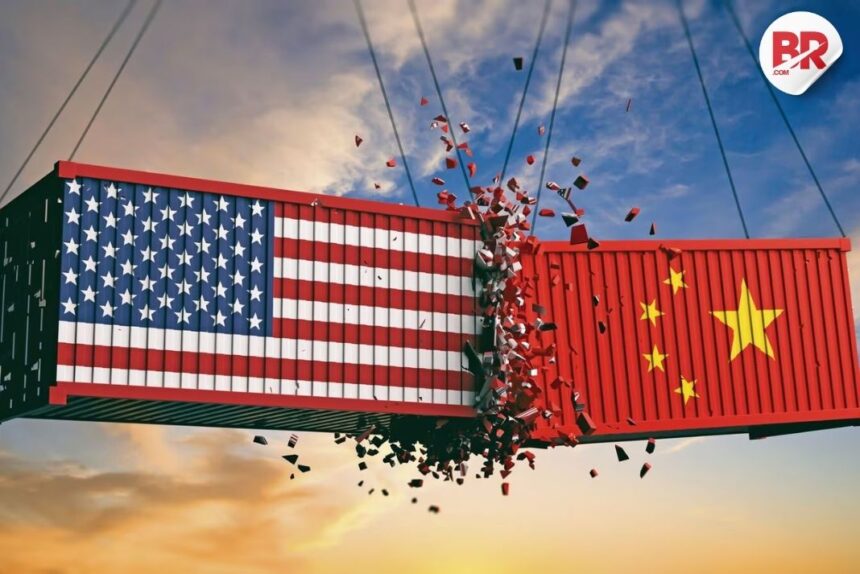In recent days, the world has watched as China has taken dramatic steps to escalate the ongoing trade tensions with the United States. After the U.S. raised tariffs on Chinese imports, China quickly followed suit, imposing retaliatory tariffs. This has sparked fears of a full-blown trade war, affecting not only the two nations involved but also the global economy.
The Escalating Trade War
The trade war between the U.S. and China has been brewing for several years, with both sides imposing tariffs on each other’s goods. The U.S. recently raised tariffs by 7.5% on $300 billion worth of Chinese imports. In response, China decided to impose its own tariffs on American goods. This back-and-forth has created a volatile environment, and the situation now seems more uncertain than ever.
The tariffs that the U.S. imposed cover a wide array of products, including agricultural goods, electronics, machinery, and vehicles. In retaliation, China raised tariffs on U.S. goods, including soybeans, cars, and crude oil. Both nations are feeling the pressure, and consumers across the world are expected to see higher prices as a result.
Impact on Industries
Some industries are being hit hardest by the new tariffs. Retailers in the U.S., many of which rely on Chinese imports, are feeling the pressure. These companies are facing higher costs due to the increased tariffs. Retailers may be forced to pass on these costs to consumers, leading to higher prices for products like electronics, home goods, clothing, and toys.
Farmers are also facing challenges, as China’s tariffs target key agricultural exports such as soybeans and wheat. This uncertainty has left many farmers worried about the future of their businesses, as they rely on China as a major market for their products.
The automotive industry is another sector taking a hit. China has imposed additional tariffs on U.S.-made cars and auto parts. This could lead to higher prices for consumers and reduced sales for manufacturers. Companies like Ford and General Motors are particularly vulnerable.
Also Read: World on Edge: US-China Trade War Triggers Global Market Meltdown
Global Economic Impact
The effects of this trade war extend far beyond the U.S. and China. Global markets have reacted with sharp declines in stock prices, and many investors are concerned about the long-term impact. The trade war has already slowed trade growth, reduced investment, and created uncertainty for businesses worldwide.
Countries that rely on global supply chains are feeling the strain. With tariffs disrupting these chains, no country is immune to the effects of the ongoing conflict. The situation is also impacting commodities. Oil prices are falling due to concerns about reduced demand, while gold prices are rising as investors seek safer assets.
The Future of the Trade War
Looking ahead, it’s unclear whether the trade war will continue to escalate or whether the two countries will find a way to negotiate a resolution. While there have been moments of optimism in the past, both sides are showing little willingness to compromise. The lack of clear communication between the U.S. and China raises the possibility of more tension in the future.
For businesses and investors, the situation is one of uncertainty. There’s no clear path to peace, and the global economy continues to feel the strain. With both sides digging in their heels, the hope for a swift resolution seems distant.
As the U.S. and China continue their trade war, the global economy remains at risk. Both nations are facing higher costs, and consumers will soon feel the effects through higher prices. Industries ranging from retail to agriculture to automotive are being impacted, and no one is immune to the fallout. With no clear end in sight, businesses and investors alike must brace themselves for the ongoing uncertainty that this trade war brings.
Also Read: Markets Rattle as Trump Floats New Tariffs but Leaves Door Open to Talks




